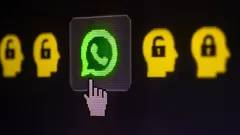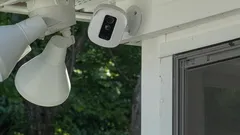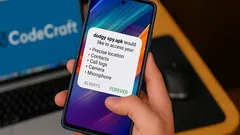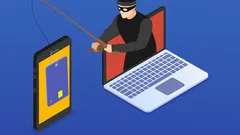231
2
4 minutes
Suggested Articles

Stay safe online in 2025 with the top VPNs for ultimate privacy
Discover the top VPN providers for 2025 and learn how Virtual Private Networks can protect your privacy online in the United States. Explore facts, security tips, and easy tech hacks to keep your data safe.

5 Hidden Signs Your WhatsApp Is Being Watched and How to Stop It Now
Online Safety & Privacy

Why owning a Google Pixel could make you a target for suspicion
Online Safety & Privacy

Former Hacker Reveals Secrets to Outsmart Cybercriminals and Protect Your Money
Online Safety & Privacy

Hacker exposed after spying on families through parental control apps
Online Safety & Privacy

IPTV Exposed: The Untold Truths of Streaming, Safety, and Switching
Online Safety & Privacy

Unlock Hidden Protection Secrets to Make Your Guest Wi-Fi Safer Than Ever
Online Safety & Privacy

Your Smartphone May Be Secretly Hacked: Spot the Warning Signs Now
Smartphones & Apps

Hundreds of Malicious Apps Lurk on Google Play—How to Protect Your Data
Online Safety & Privacy

Doubleclickjacking Exposed: Outsmart the Silent Threat to Your Online Accounts
Online Safety & Privacy

Playing video games together strengthens relationships and sparks real connection
AI & Everyday Tech

US crypto pioneers transform bold risk into life-changing fortunes
AI & Everyday Tech

Tech leaders embrace waste-to-carbon solutions as Microsoft bets big on green AI
AI & Everyday Tech

Travelers and campers embrace portable backpack laundry tech for freedom and clean clothes anywhere
Gadgets & Reviews

Sleep experts champion a smart anti-snoring belt for restful nights and healthier mornings
Gadgets & Reviews

Drivers use Google Maps and Waze to avoid fines but risk safety trade-offs
AI & Everyday Tech

App lovers seize this week’s best free premium downloads before time runs out
Smartphones & Apps
 W3 CodeCraft
W3 CodeCraft

Comments